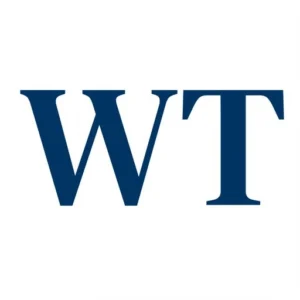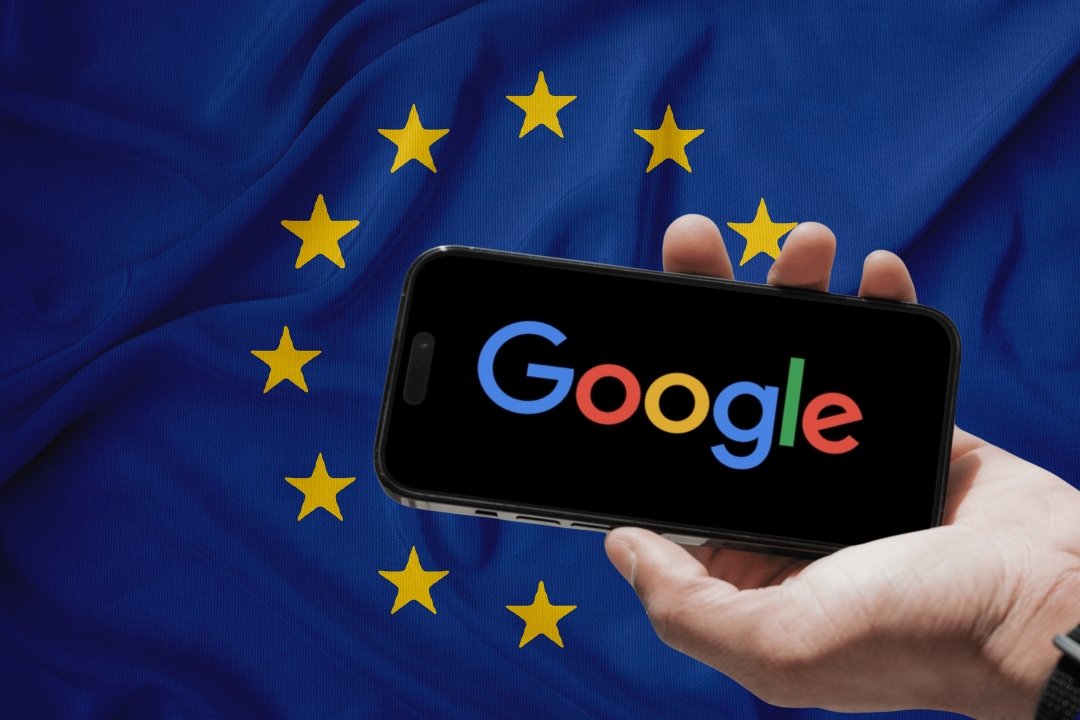
In a significant antitrust settlement with US states and consumers, Google will pay $700 million and foster more competition within its Play app store. Approximately 102 million US consumers stand to receive a total compensation of $630 million, addressing prolonged allegations of anti-competitive practices related to app store terms and fees. An additional $70 million will go to participating states.
The majority of affected consumers, around 71.4 million, won’t need to file claims; those eligible for payment may receive $2 or more based on their Google Play Store spending from Aug. 16, 2016, to Sept. 30, 2023.
This settlement comes after a federal jury declared Google’s app marketplace an illegal monopoly following a protracted battle with Epic Games, known for the popular game “Fortnite.”
New York Attorney General Letitia James, involved in the lawsuit, emphasizes the importance of preventing influential companies from stifling competition and overcharging consumers: “For too long, Google abused its market share to unfairly raise prices and block developers from selling products in other app stores.”
Besides the financial aspects, the settlement necessitates changes to Google’s app store practices. Notably, for five years, Google will expand its user choice billing program, allowing users to opt for third-party payment channels, potentially offering developers a fee discount. App makers gain a multi-year guarantee to inform users about promotions, alternative billing systems, Google’s commissions, and ways to avoid fees.
Furthermore, Google is mandated to simplify the sideloading process, allowing the installation of apps from unofficial stores and third-party websites. However, Google warns about potential security and privacy risks associated with sideloading.
The states, initially set to litigate alongside Epic Games, withdrew from the trial after announcing the settlement in September. Match Group, another potential trial plaintiff, exited the case in October after reaching a separate settlement with Google.
Google expressed satisfaction in resolving the lawsuit with the attorneys general, including those from California, Florida, Utah, Washington, and the District of Columbia. Google’s VP of government affairs and public policy, Wilson White, highlighted Android and Google Play’s continuous evolution in response to competition and regulatory feedback.
Epic Games, on the other hand, deems the settlement weak and insufficient, vowing to seek more meaningful penalties as their case against Google progresses to the remedies phase.
This settlement is part of Google’s multifaceted legal defense, including a high-profile antitrust challenge against its search business and another legal battle over its advertising technology, accused by the US government of illegally monopolizing the online advertising industry.










